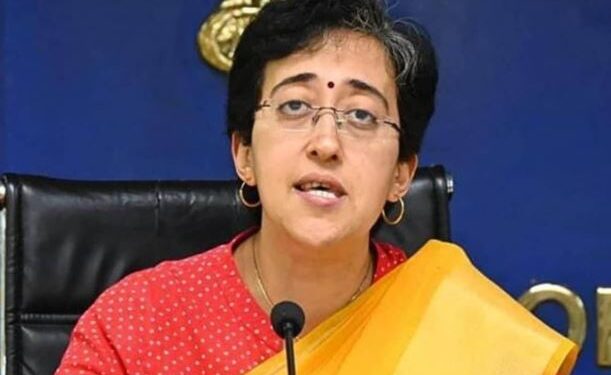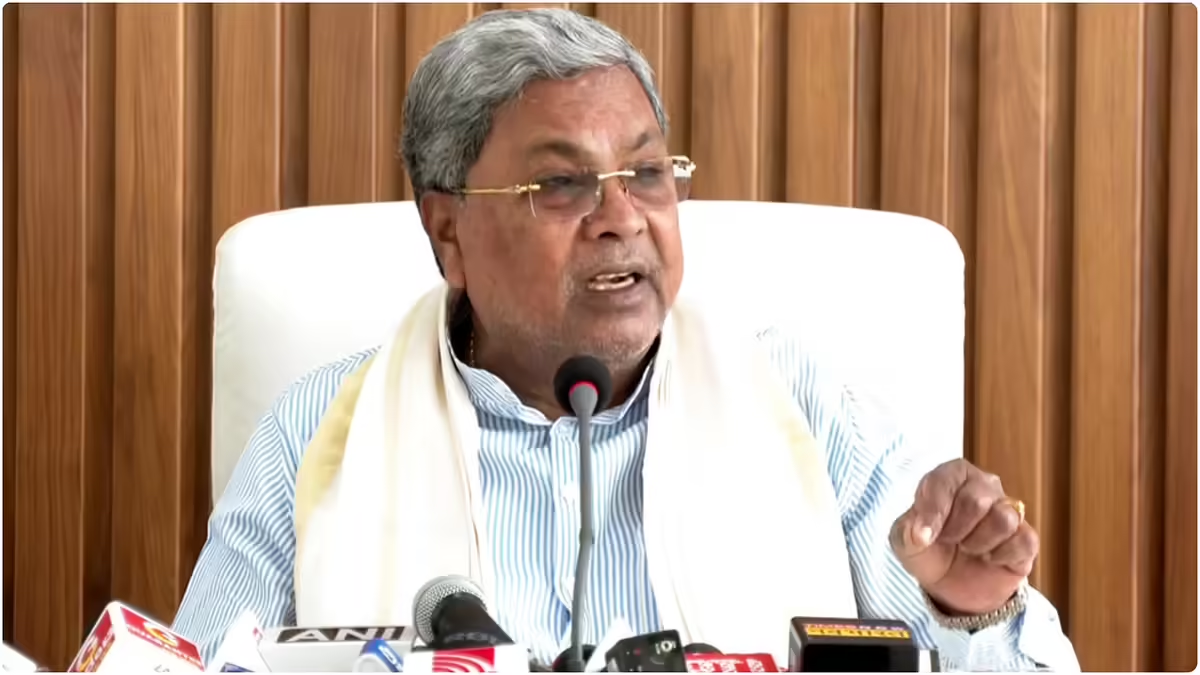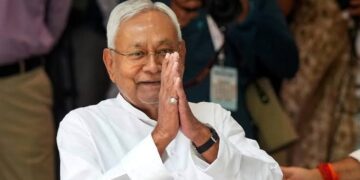The Central Government is going to present ‘One Nation, One Election’ i.e. one country, one election bill in the winter session of Parliament itself. This bill will be introduced in the Lok Sabha on Monday (December 16). At the same time, a separate bill will be presented for Delhi, Jammu-Kashmir and Puducherry. A copy of this bill has been distributed to the MPs. The opposition is continuously opposing one country one election. In such a situation, it can be clearly understood that the proceedings of the Lok Sabha on Monday are going to be turbulent.
The Constitution Amendment Bill being brought to hold simultaneous elections in the country can be introduced in the Lok Sabha on December 17. According to media reports, this bill can be sent to the Joint Committee of Parliament for discussion. Union Law Minister Arjun Ram Meghwal will introduce the Constitution (129th Amendment) Bill 2024, which is being called the One Country, One Election Bill, a top government official said.
will be sent to JPC
After presenting the bill in the Lok Sabha, Law Minister Arjun Ram Meghwal may appeal to Lok Sabha Speaker Om Birla to send the bill to the Joint Parliamentary Committee for detailed discussion. A joint committee will be formed for discussion, which will include opposition MPs along with the ruling party. Being the largest party, BJP will get the chairmanship of this committee. The number of MPs from different parties in the joint committee will be decided on a proportional basis. Actually, after presenting this bill, the government wants to send it to the Joint Parliamentary Committee i.e. JPC. If the JPC approves and the bill is passed by both houses of Parliament, it will be sent to President Draupadi Murmu for assent. This bill will become law as soon as the President signs it. If this happens, elections will be held simultaneously in the entire country by 2029.
What is One Nation One Election?
In India, state assembly elections and country’s Lok Sabha elections are held at different times. One Nation One Election means that Lok Sabha and Assembly elections should be held simultaneously in the entire country.
Why does the government want simultaneous elections?
In November 2020, PM Narendra Modi has spoken on ‘One Nation One Election’ on many forums. He said, “One country, one election is not just a matter of discussion, but India needs it. Every few months, elections are held somewhere or the other. This affects the development work. If they are held together, it will The expenditure on elections will be less.” ,
What are the arguments against this bill?
The opposition is giving different types of arguments regarding One Nation One Election. Congress argues that if elections are held simultaneously then there is a possibility of the voters’ decision being affected. If elections are held once in 5 years, the accountability of the government towards the public will reduce.
Which committee was formed to consider One Nation One Election?
A committee was formed under the chairmanship of former President Ram Nath Kovind on 2 September 2023 to consider One Nation One Election. Kovind’s committee includes Home Minister Amit Shah, former MP Ghulam Nabi Azad, famous lawyer Harish Salve, Congress leader Adhir Ranjan Choudhary, former 15th Finance Commission Chairman NK Singh, political scientist Subhash Kashyap, former Central Vigilance Commissioner (CVC) Sanjay Kothari. Are. Which includes 8 members. Union Law Minister Arjun Ram Meghwal has been made a special member of the committee. The committee submitted its report to President Draupadi Murmu on 14 March. The Modi cabinet approved it on September 18.
What suggestion did the Kovind Committee give on One Nation One Election?
The Kovind Committee suggested that the tenure of the Legislative Assemblies of all the states be extended till the next Lok Sabha elections i.e. 2029. In the first phase, Lok Sabha and Assembly elections can be held simultaneously. In the second phase, civic elections can be held within 100 days. In case of a hung assembly or no-confidence motion, fresh elections can be held for the remaining 5 years of the term. The Election Commission, in consultation with the State Election Officers, may prepare a single voter list and voter ID card for Lok Sabha, Assembly and local body elections. The Kovind panel has also recommended advance planning of equipment, manpower and security forces for holding simultaneous elections.






